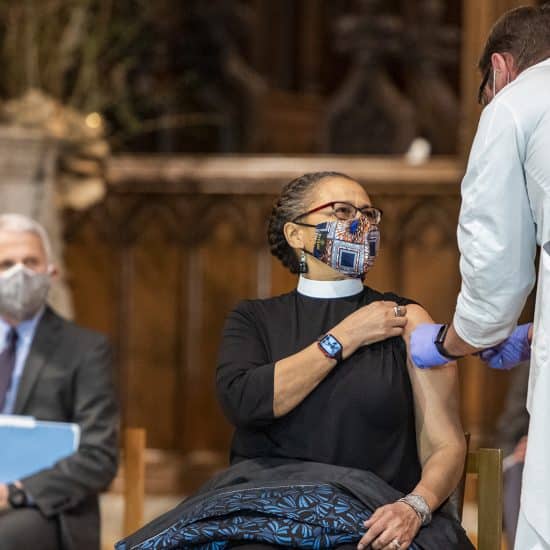By Bill Webb, Word&Way Editor
As summer comes to a close and transitions into fall, thoughts in most churches turn to budgets. To outsiders, a congregation's financial plan for the coming year may seem like little more than an exercise in juggling numbers, but those who observe up close realize that a church's budget is really a ministry plan.
Without allotting adequate financial resources, a congregation cannot expect to do all it wants and needs to do in providing Bible study, evangelizing the community, engaging in missions education and action, and providing age-graded ministries to children, teens and senior adults. A key aspect of good stewardship is prayerful planning in the use of resources.
Many of the budget items fall into the category of investments. No, not the kind that produce financial returns. Education is an investment expense. Youth ministry is an investment expense. Virtually every kind of training — whether related to Bible study, witnessing, community ministries or something else — falls into the investment category.
One of the most significant investments a church can make is in its pastor and staff. Caring congregations take care of their employees, and smart congregations look for ways to go beyond minimum levels in areas such as salary, protective benefits and personal and professional growth.
Salary. If "the laborer is worthy of his hire," congregations have no reason to be the chintziest of employers. On the contrary, they have every reason to be generous. Most ministers are reluctant to ask for a wage increase during the annual budget process. That is understandable. But it is unthinkable that no one in a congregation would stand as an advocate for the pastor and others staffers on this issue.
Protection benefits. A one-time illness can be catastrophic for a family without health benefits. To be sure, medical insurance is expensive. Health care is expensive. A church is much more likely to be able to afford coverage on its minister(s) than the minister(s) himself. The Southern Baptist Convention through Guidestone Financial Resources is one dependable source for information and coverage. There are others. Provide coverage for the whole family if at all possible.
Check out coverage options that include long-term disability coverage and an appropriate level of life insurance. Consider options like dental and vision insurance.
Vacation, holidays, sick leave. Provide an appropriate level of vacation time and make sure the minister uses it. Working with us laypeople and other ministers can be a joyous task and a real stressor. Some congregations have been known to send a pastor and his family on vacation with a little extra spending money. The key is to make time available to get away from the daily routine.
Paid holidays that roughly correspond to school holidays are a good family-friendly approach to periodic days off. That is in addition to at least one designated (and protected) day off each week. Paid sick leave is an obvious need.
Retirement benefits. Unfortunately, Baptists have done their part to produce ministers and their spouses who have lived out their retirement years without adequate income. Many have lived in poverty. In many cases, that is a reflection — a sad reflection — on the churches they have served. Guidestone's rule of thumb is to provide an adequate salary, and then contribute an amount equal to 10 percent of that salary into a retirement account.
To give a minister the option of collecting that extra 10 percent as salary instead of plowing it into a retirement account defeats the congregation's intent to provide long-term protection for the minister and spouse. Keep it separate.
Personal/professional growth. Here's a chance for a caring congregation to get creative. Think book allowances, retreats, training opportunities. The church's contribution is expense money and time away. Some congregations become accomplices in minister burnout; others find ways to help the minister stay fresh. Most ministers want to grow in their faith and in their ability as ministers. Reward that desire. Some churches are rewarding ministerial tenure with extended time away such as sabbaticals. The payoff can be a renewed minister.
Many churches move well beyond the above list. Most congregations could do more than they are doing. Many don't do better because they simply don't think about it. When in doubt about what can help the minister, ask. He'll probably pass out. But after he comes to, you'll get some good ideas.
People — whether pastors, other ministers, other staff members or laypeople — are the greatest assets God has. That's reason enough to treat each other better.





